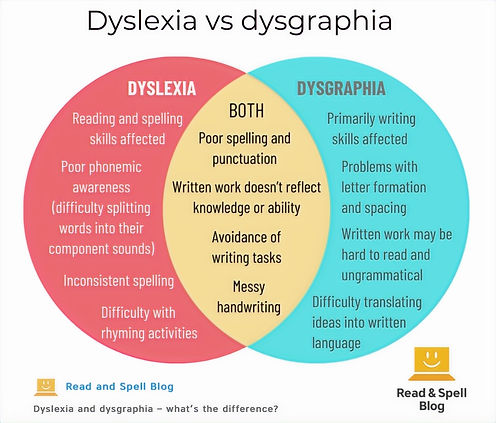Writing
In writing tutoring we work on skills to become skilled writers. Focusing on learning the five ares of skilled writing:
1. Critical Thinking- generating ideas, gathering information. Utilizing the writing process-drafting organizing, and revising.
2. Syntax- Grammar and syntactic awareness, sentence elaboration, punctuation.
3. Text Structure- Narrative, informational, opinion structures, paragraph structure, patters of organization, and linking and transitional words.
4. Writing Craft- word choice, awareness of audience purpose, and literary devices.
5. Transcription- Spelling, handwriting or keyboarding.
I use the Writing Revolution curriculum utilizing the Hochman Method of explicit writing instruction.
Six Principals of Writing
-
Students need explicit instruction in writing, beginning in the early elementary grades.
-
Sentences are the building blocks of all writing.
-
When embedded in the content of the curriculum writing instruction is powerful teaching tool.
-
The content of the curriculum drives the rigor of the writing activities.
-
Grammar is best taught in the context of student writing.
-
The two most important phases of the writing process are planning and revising.




Dysgraphia
What causes dysgraphia? Research to date has shown orthographic coding in working memory is related to handwriting and is often impaired in dysgraphia. Orthographic coding refers to the ability to store written words in working memory while the letters in the word are analyzed or the ability to create permanent memory of written words linked to their pronunciation and meaning. Children with dysgraphia do not have primary developmental motor disorder, another cause of poor handwriting, but may have difficulty planning sequential finger movements such as the touching of the thumb to successive fingers on the same hand without visual feedback. Children with dysgraphia may have difficulty with both orthographic coding and planning sequential finger movements.